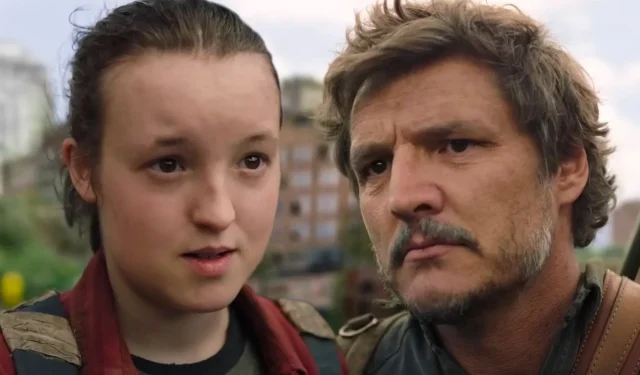Warning! This article contains spoilers for The Last of Us Season 1 and The Last of Us Part II.
The Last of Us Season 1 Finale: An Emotional Conclusion
The finale of The Last of Us Season 1 concluded with a breathtaking array of emotional revelations and pivotal plot developments. Central to the season’s storyline is Ellie’s unique immunity and Joel’s imperative mission to transport her to the Fireflies. This climactic episode not only ties up key character arcs but also hints at shifting dynamics that will play a crucial role in future seasons, particularly as a third season has already been confirmed.
Having encountered multiple threats throughout their arduous journey across a ravaged United States, Joel and Ellie finally arrive in Salt Lake City, the stronghold of the Fireflies. Despite Ellie’s earlier traumatic encounter in episode 8 with David, her bond with Joel has deepened, and he has become increasingly forthcoming about his feelings for her. Nevertheless, the installment does not conclude without leaving several narrative threads dangling for potential exploration in Season 2 and beyond.
Could Ellie Really Have Been Used for a Cordyceps Cure?
Ambiguity Around a Potential Cure
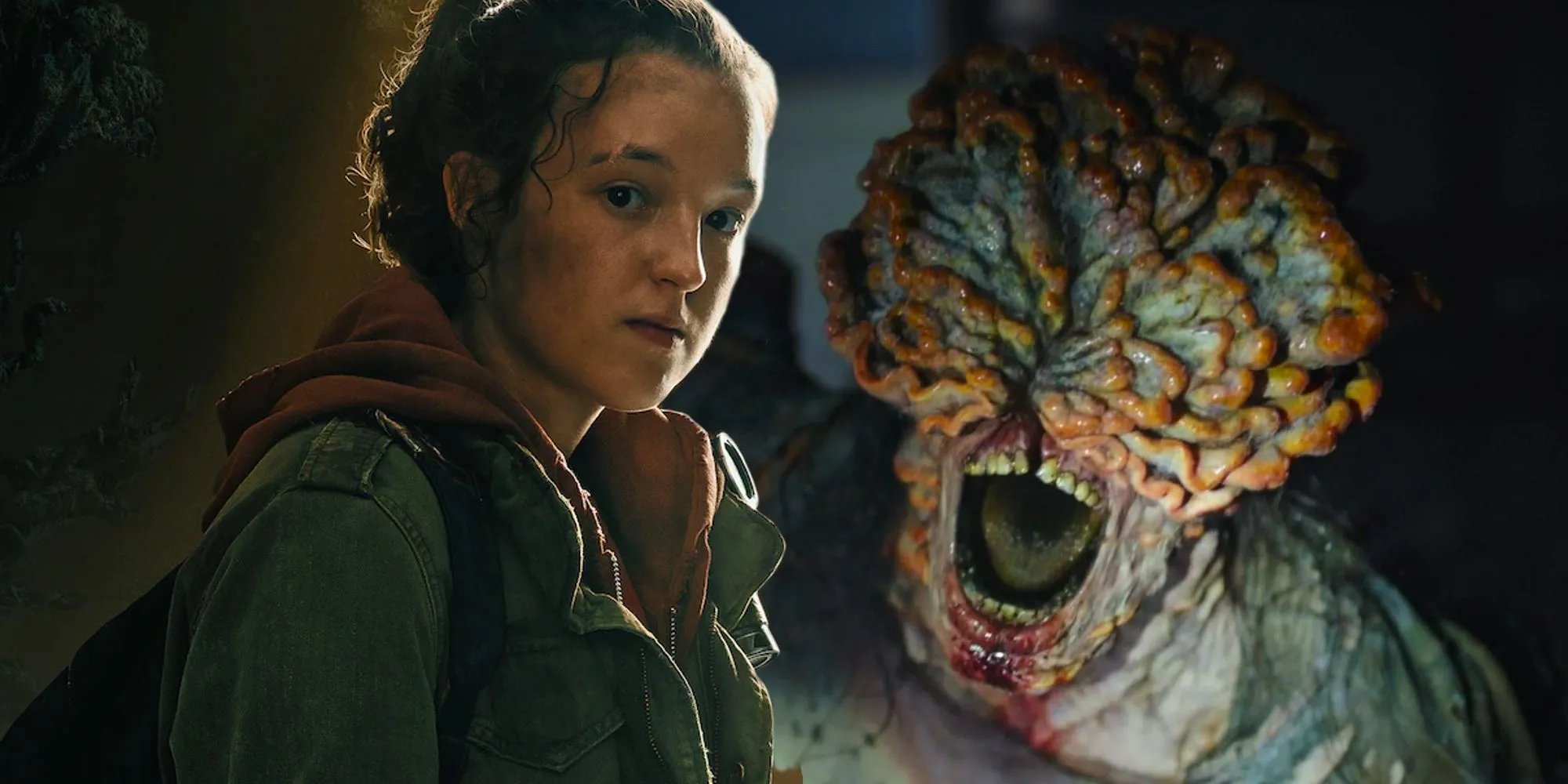
The first season—and the original The Last of Us game itself—leaves ambiguous whether a cure for the Cordyceps infection is genuinely attainable. Marlene mentions the surgeon’s intentions to extract the Cordyceps from Ellie’s system to cultivate cells that could potentially create a vaccine. Although Ellie’s immunity is unprecedented, offering a glimmer of hope for a remedy, the actual feasibility of this cure remains in question. Marlene’s statement indicating the surgeon only “thinks”a cure is possible highlights the uncertainty surrounding the Fireflies’ plans.
Ellie’s status as possibly the first immune individual presents a unique opportunity for research; however, it also paints a picture of desperation from the Fireflies. Amidst the grim realities of their world, Ellie’s immunity represents a flicker of hope, driving the surgeon’s determination to find a cure. This deliberate ambiguity intensifies the moral implications of Joel’s decision to save Ellie, which could provoke heated discussions as the narrative unfolds.
Why Joel Kills the Fireflies and Its Implications for Season 2
Unwavering Protection of Ellie
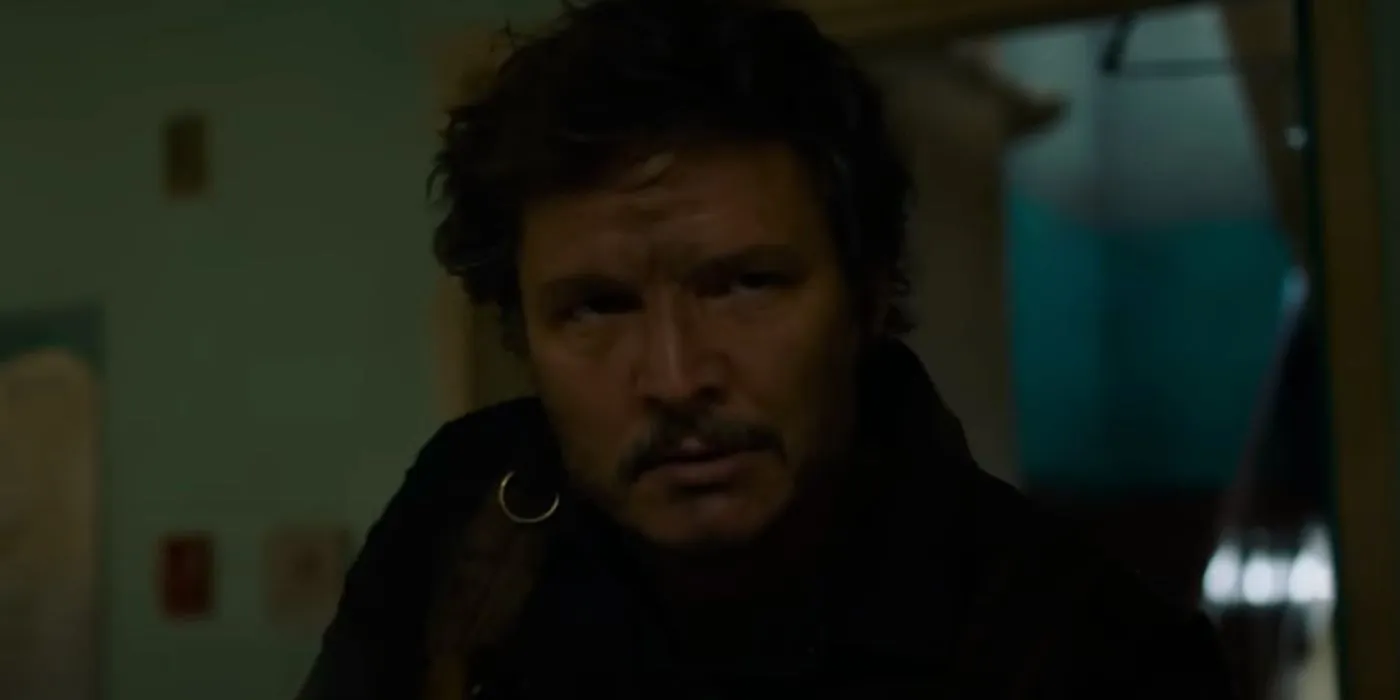
A pivotal question emerging from the season finale is why Joel resorts to killing the Fireflies. The answer lies deep within the growth of his character—he loves Ellie as fiercely as he loved his daughter, Sarah. Suffering profound loss, Joel has transformed into a hardened individual over two decades, yet Ellie emerges as the catalyst revitalizing his spirit. In Joel’s eyes, Ellie is not merely a charge but a surrogate daughter that he is driven to protect at all costs.
Faced with the prospect of the Fireflies sacrificing Ellie to engineer a potential cure, Joel’s instinctual reaction is an oath of protection, resulting in a massacre. This morally complex choice sets the stage for Season 2. Five years later, Joel will meet his end at the hands of Abby, the daughter of the surgeon he killed, igniting a heartbreaking cycle of revenge that intertwines love and loss.
Why Joel Lies to Ellie (Twice) in the Finale
Choosing the Easier Path of Deceit
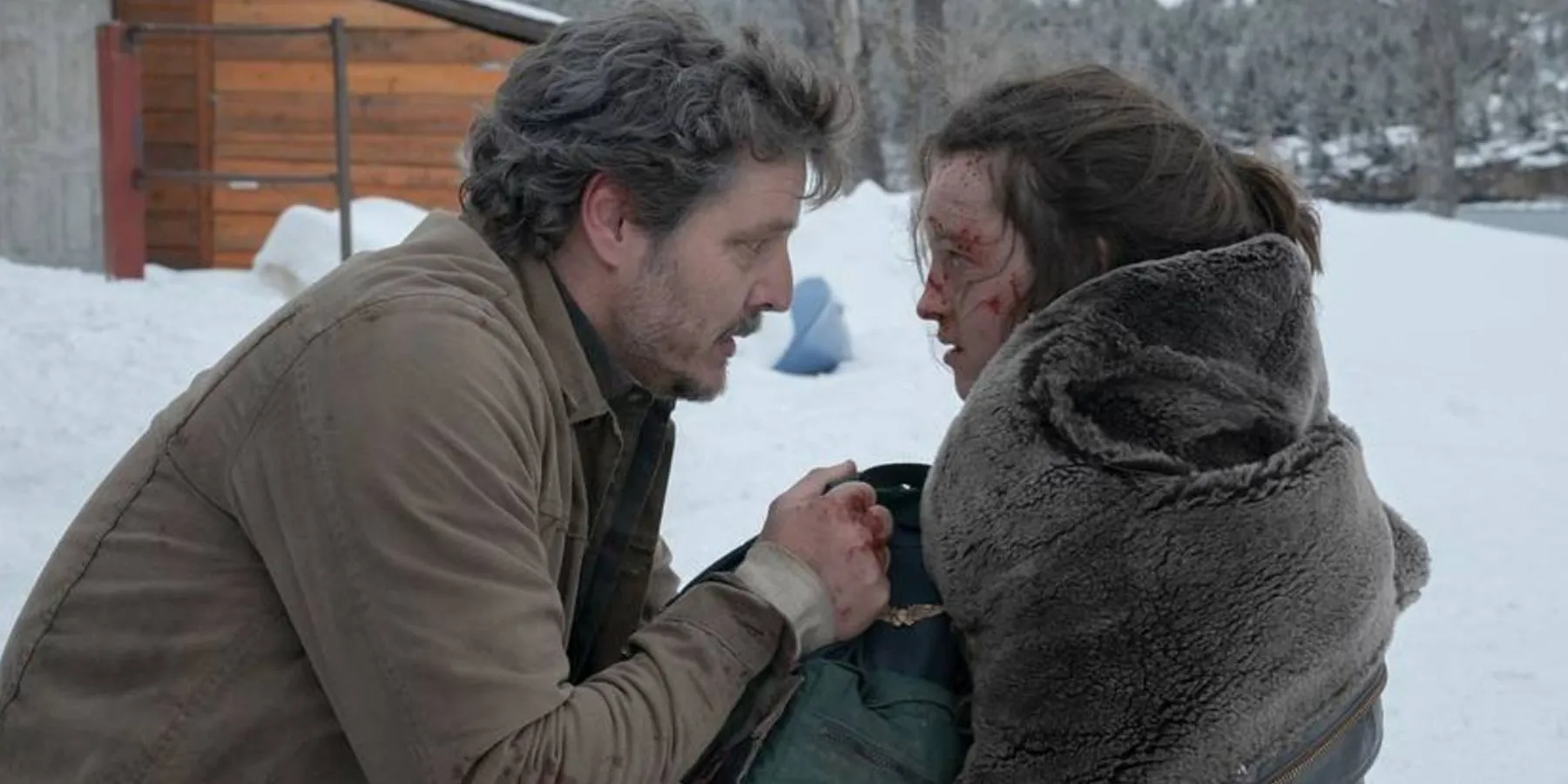
Understanding Ellie’s survivor’s guilt, he knows she would likely have chosen to pursue a cure, potentially sacrificing her life to do so. Joel’s deep-seated trauma from past losses compels him to spare her from further heartbreak, even if it means bending the truth. He realizes that revealing his choice might lead Ellie to resent him, fracturing their bond irrevocably.
How The Last of Us Episode 1 Foreshadowed Marlene’s Death
Establishing the Extent of Joel’s Resolve
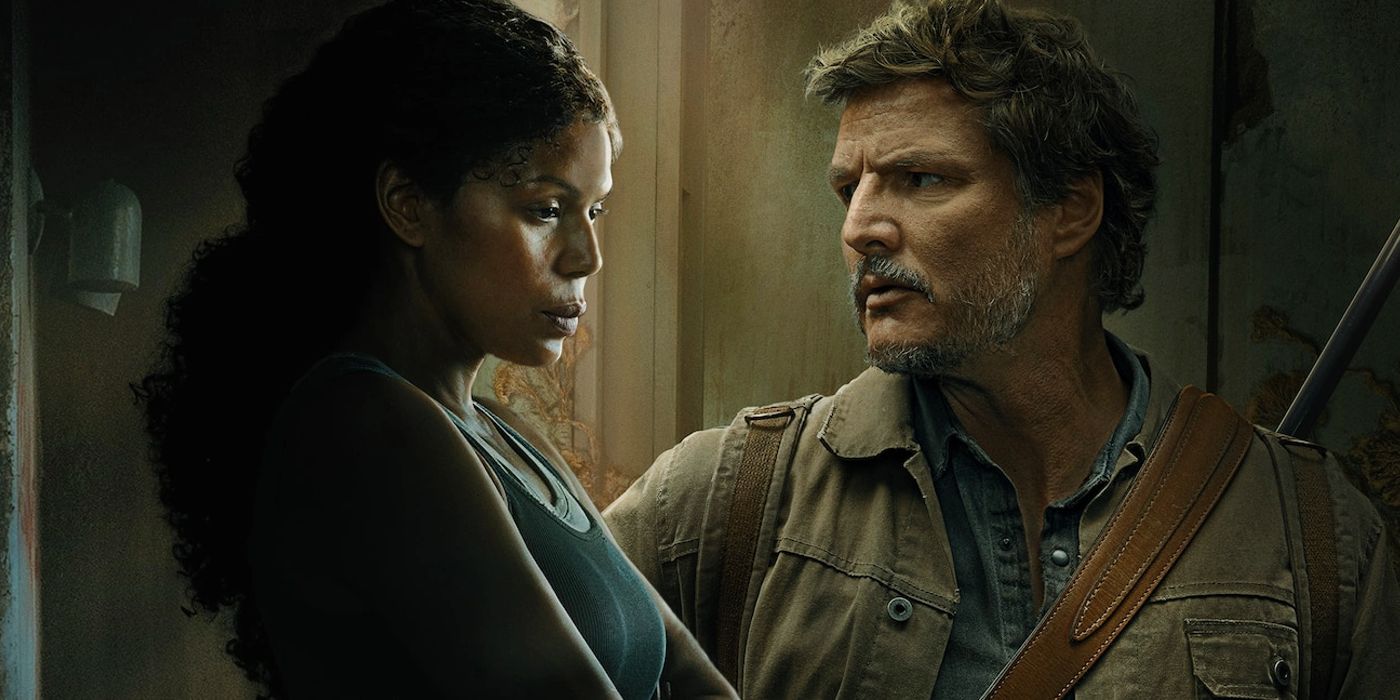
Before Joel takes Ellie away from the hospital, he encounters Marlene, who confronts him in the parking garage. This moment, along with his subsequent assault on the Fireflies, serves as a foreshadowing device introduced in the first episode. Marlene’s words to Joel and Tess, affirming her knowledge of what Joel is capable of, allude to the ruthless lengths he is willing to go to protect Ellie.
What Lies Ahead for Joel and Ellie
A Cycle of Vengeance Unfolds
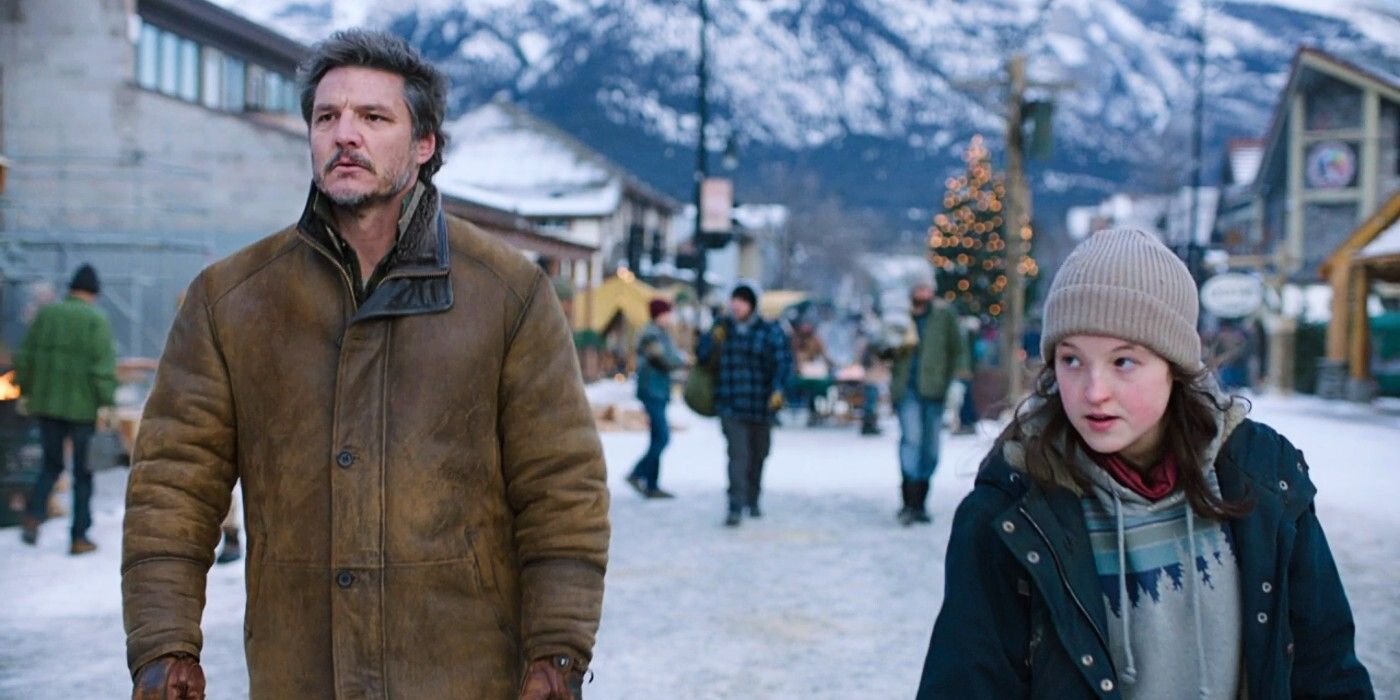
As Season 2 adapts the events of The Last of Us Part II, the trajectory for Joel and Ellie becomes clearer. Following the Season 1 finale, they return to Jackson, becoming integrated into Tommy’s community. The new season will commence soon thereafter, showcasing Joel revealing to Tommy the truth of his actions in the hospital.
Initially, Joel and Ellie assume a semblance of stability, yet their relationship begins to fracture due to Joel’s earlier decisions. As mistrust festers within Ellie, compounded by the knowledge of his deceit, their bond faces trials ahead. Five years later, Joel will confront his past when Abby, the vengeful daughter of the doctor he killed, seeks retribution, catalyzing a dark narrative arc for Ellie.
Anticipated Developments in The Last of Us Season 2
Coverage of The Last of Us Part II
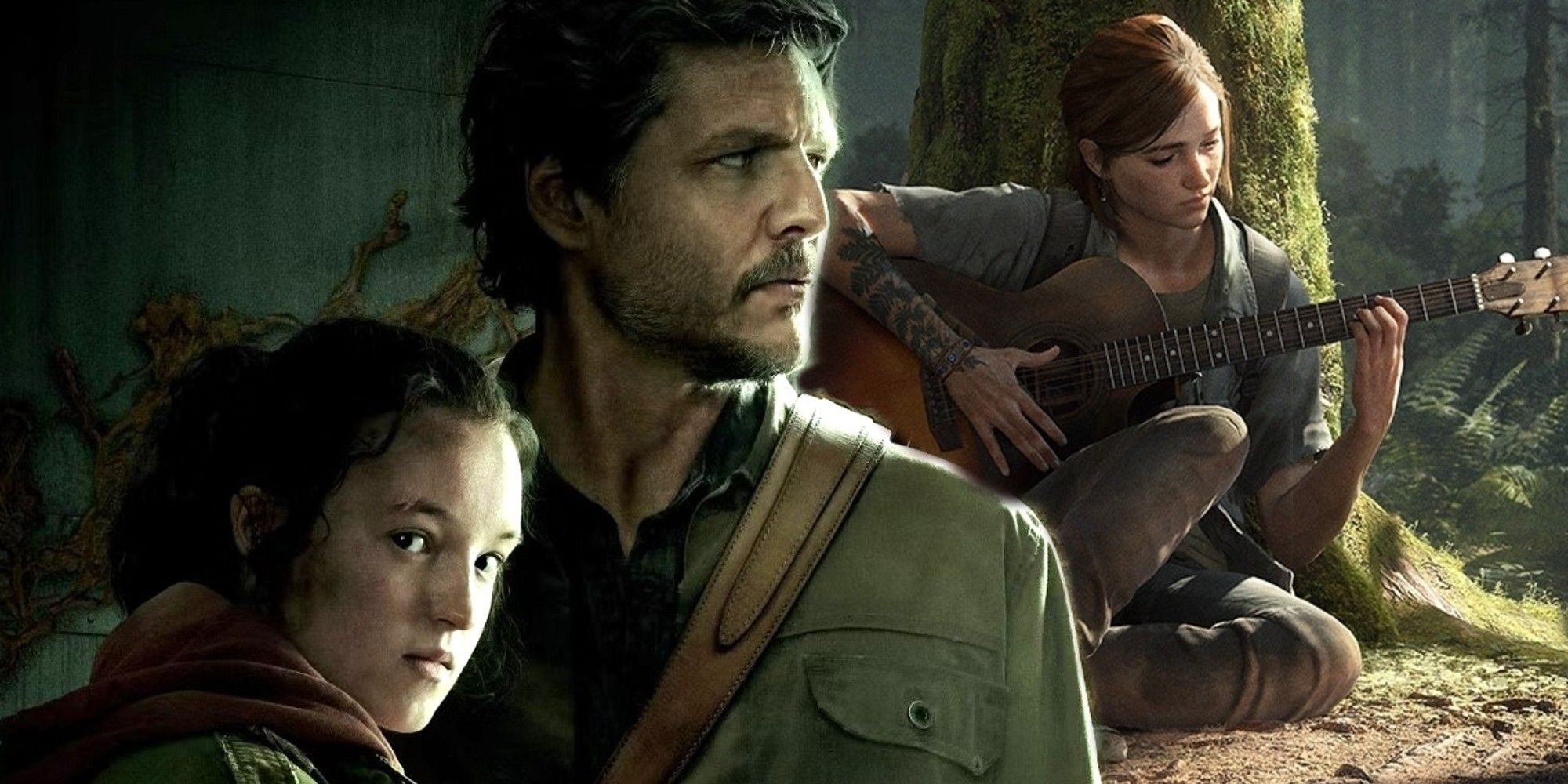
Mark your calendars: The Last of Us Season 2 is set to premiere on HBO on April 13, 2025. With Season 3 already confirmed, it is expected that Season 2 might cover only a portion of The Last of Us Part II, preparing fans for a climactic conclusion in Season 3. The series will reintroduce principal characters from the sequel, focusing heavily on Ellie’s evolving narrative in conjunction with her interactions with Joel, Dina, and Abby.
While Season 1 comprised nine episodes—effectively encapsulating the entirety of the first game—Season 2 contains only seven, implying that subsequent seasons may need more space to adequately cover the vast storyline of the second game.
The Deep Significance of The Last of Us Season 1’s Ending
Examining the Depth of Love and Sacrifice

In discussions with Eurogamer prior to the release of The Last of Us Part II, creator Neil Druckmann articulated that the crux of The Last of Us centers on the extents one will go to for unconditional love. The series’ finale encapsulates Joel’s profound commitment and the ethically ambiguous decisions love inspires.
Comparing The Last of Us Season 1’s Ending to the Game
Staying True to the Source Material
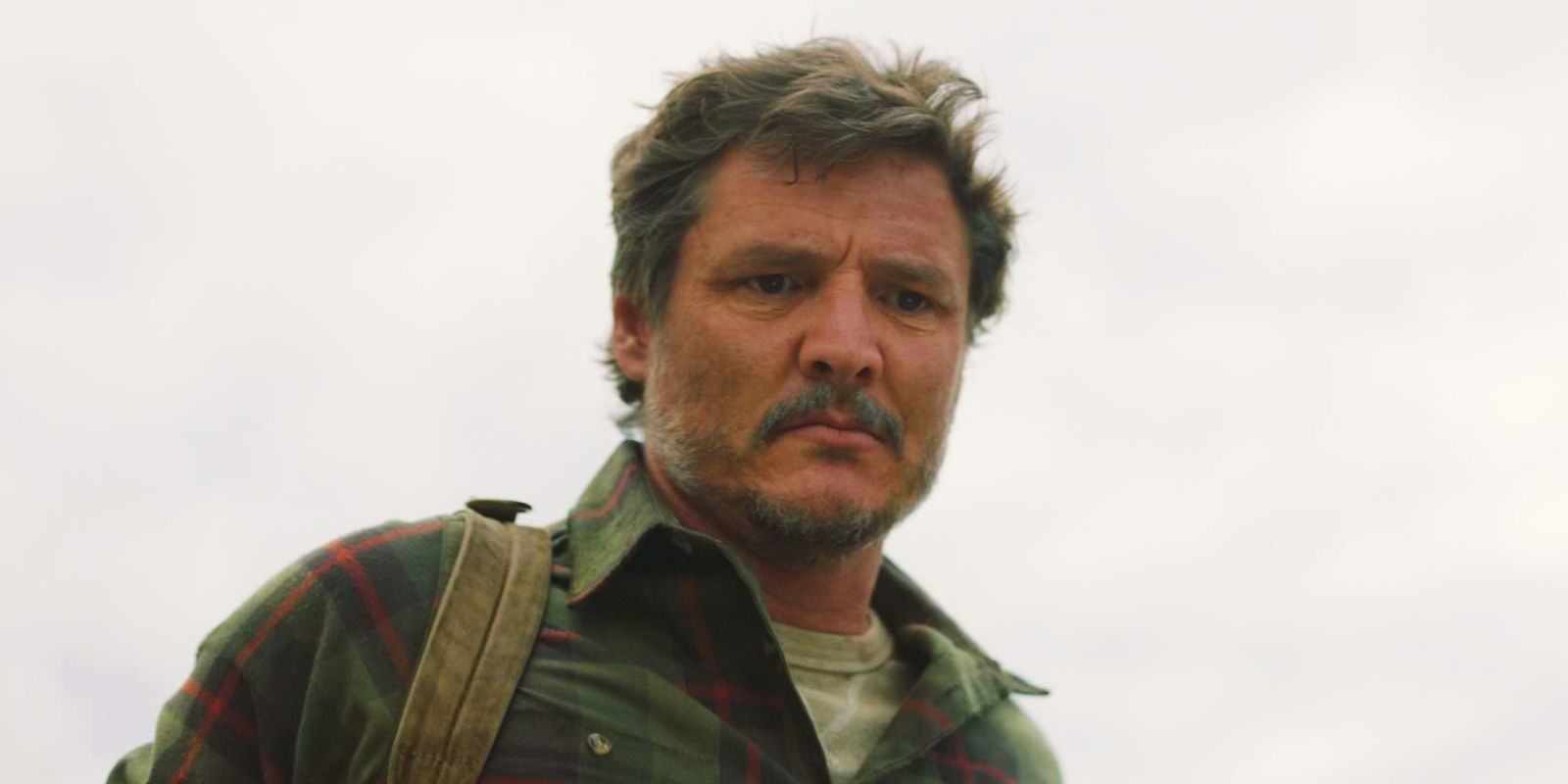
While adaptations are rarely direct replicas of their original mediums, The Last of Us Season 1 successfully translates many significant plot points and character arcs from the video game. Notably, despite several amendments throughout the narrative for television, the series’ finale remains faithful to the original game, with Joel choosing to kill the doctor and the Fireflies, ultimately prioritizing Ellie’s life over a potential cure for humanity.
In contrast to the game’s revelation of Ellie’s immunity through discreet tape recordings, the finale adds depth by integrating a flashback featuring Ellie’s mother, Anna, portrayed by Ashley Johnson—the original voice of Ellie. Minor alterations like these contribute to the show’s effort to remain authentic while presenting a gripping story to viewers.
Audience Reception of The Last of Us Season 1’s Ending
An Emotional and Polarizing Conclusion
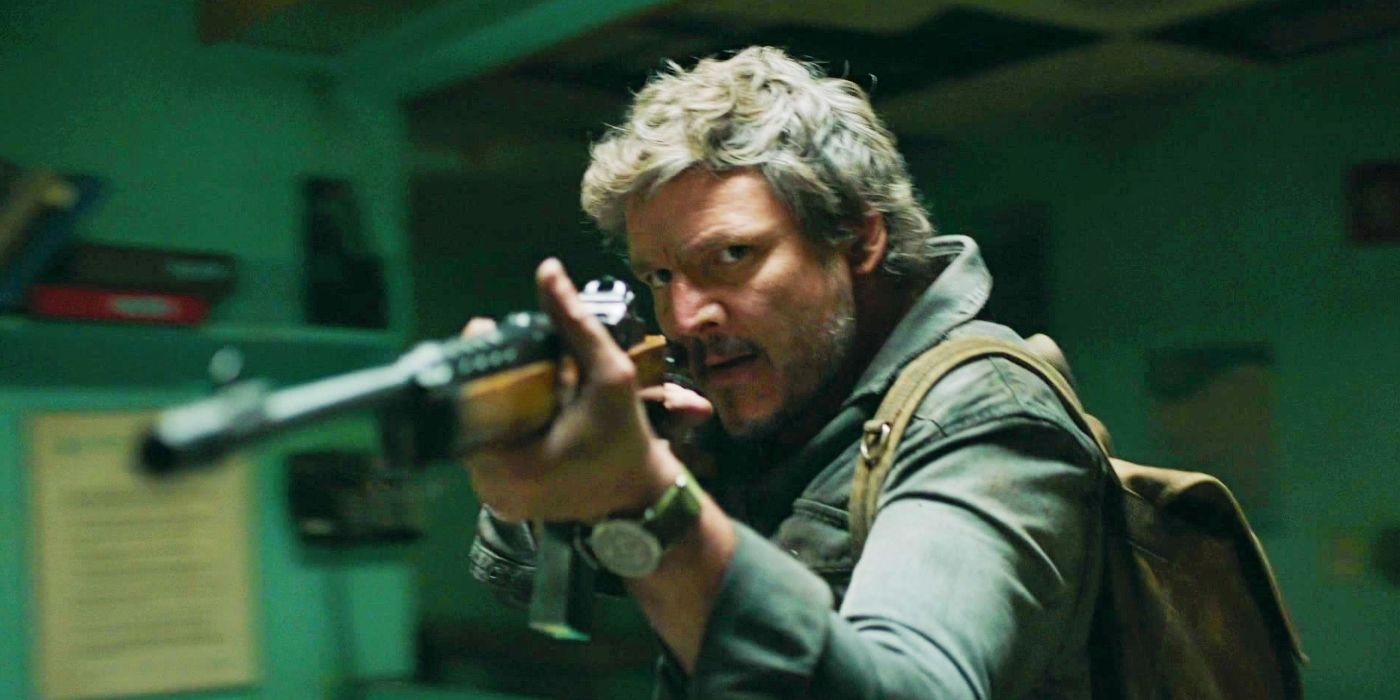
Similar to the game, the finale of The Last of Us Season 1 was met with considerable acclaim—though not without some criticism regarding Joel’s choice to condemn humanity to perpetual apocalypse. This decision underpins the evolving relationship with Ellie and will have significant ramifications as the story progresses into Season 2.
Often hailed as one of the greatest video games ever made, The Last of Us is equally lauded as an exceptional television adaptation, rising above its peers. Currently, the first season enjoys a critics’ score of 96% on Rotten Tomatoes, with an audience approval rating of 88%. The slight discrepancy is likely attributed to dedicated game fans who wrestle with some narrative shifts and the implications of Joel’s climactic decision.
Regardless of opinion on the finale, it effectively encapsulates Joel’s character development and his profound love for Ellie, which flourishes throughout The Last of Us.
